The Apple Siri Settlement enshrines a remarkable chapter in the history of user privacy as Apple settles a major suit over the voice records it has made without permission. Today, users have stronger protection of privacy (or in other words, more rigid privacy controls), more transparency and trust, which have built a new line as it were for digital rights in the Tech world.
Understanding the Apple Siri Settlement: A Turning Point for User Privacy
The digital world has seen numerous issues with privacy, but none as shocking to the system as the Apple Siri Settlement. For many years, “Siri” has been helping users with everyday tasks without the users’ knowledge of their private conversations being recorded without their consent. At a time when protection rules are getting to be stricter globally, Apple’s move to settle the Siri claim reflects a turn to a position on the portion of regarding client rights.
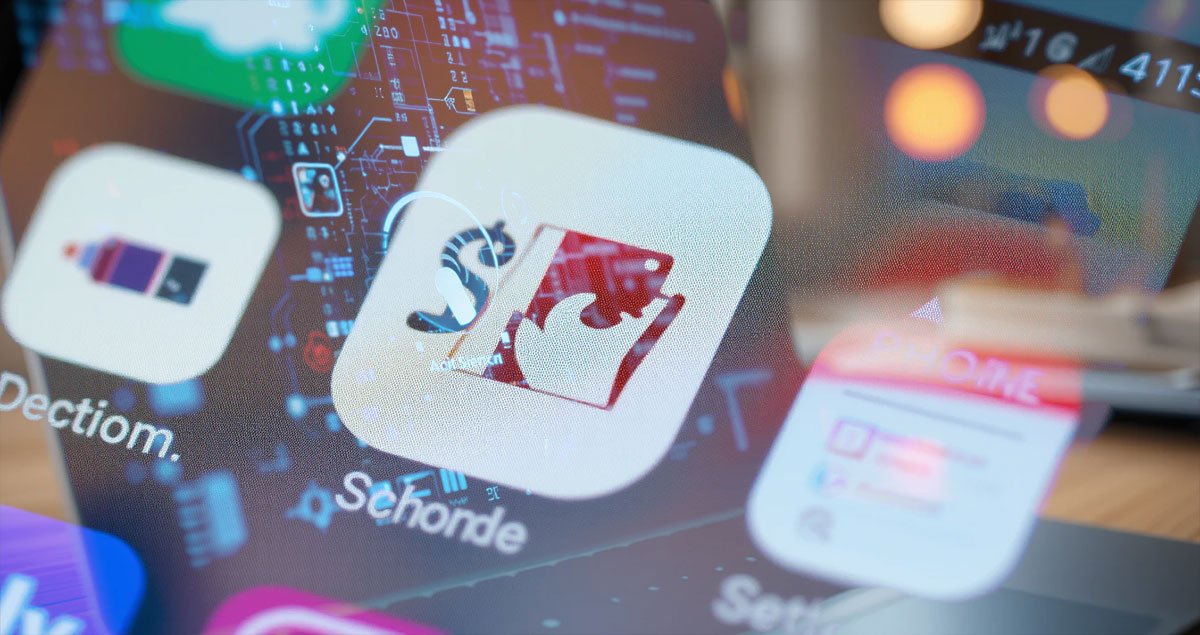
The settlement is not just a financial transaction; it’s a strong move to restore users’ trust. Apple concurred that voice data visibility and user empowerment with control are a must-have aspect of the project. This case is an outstanding example of how tech giants need to adjust to new privacy expectations.
It’s not that we are addressing previous mistakes; we are constructing a safer and more transparent digital future.
What Triggered the Apple Siri Lawsuit?
The controversy over Siri and the recording of the users’ conversations began when the users learnt that they had not consented actively to the recording. Whistleblowers uncovered how Apple contractors listen to Siri recordings regularly to “improve user experience,” but many of the recordings captured highly personal information.
This disclosure created immediate public outrage. The consumers trusted this company and were surprised and filed a class action for clarification. In a world where digital privacy is becoming just as important as financial security, users wanted a change, and they received one.
The Apple Siri Settlement didn’t happen out of nowhere; It was the triumph of obstinate protest, clever law, and people asserting their digital rights.
The Allegations: Unauthorized Recordings and Data Misuse
The suit charged Apple with secretly recording private conversations by Siri while misleading users about the secret activity. Users alleged that Apple had not proved that it had correctly informed them that voice interactions could be stored, analyzed, and accessed by human contractors.
Among the most worrisome charges were such details as those of recordings of confidential discussions, confidential business meetings even personal moments were also being recorded and made available for review. The magnitude of data misuse has raised important questions of ethics regarding consent and transparency, corporate responsibility.
This incident exposed a massive loophole in user agreements, the fine print that users rarely read but which companies must now clarify post-settlement.
Apple’s Initial Response and Public Backlash
To begin with, Apple played it down, saying that only an insignificant trickle of Siri recordings got reviewed. Nevertheless, the damage was done already. Tech blogs, consumer rights groups, and privacy advocates have inundated the internet with criticism.
Apple swiftly issued public apologies, halted the controversial program, and introduced updates to allow users to opt out of Siri recording reviews. Yet, apologies were not enough. Legal filings escalated and then drove Apple to formally settle and agree to monumental privacy changes.
This backlash became a wake-up call for not only Apple but the whole tech industry: privacy violations will no longer be borne by users.
The Timeline of the Siri Lawsuit From Outrage to Resolution
The journey from outrage to settlement in the Apple Siri Settlement case was intense and eye-opening. It demonstrated the collective power of informed users and legal systems in demanding corporate accountability.
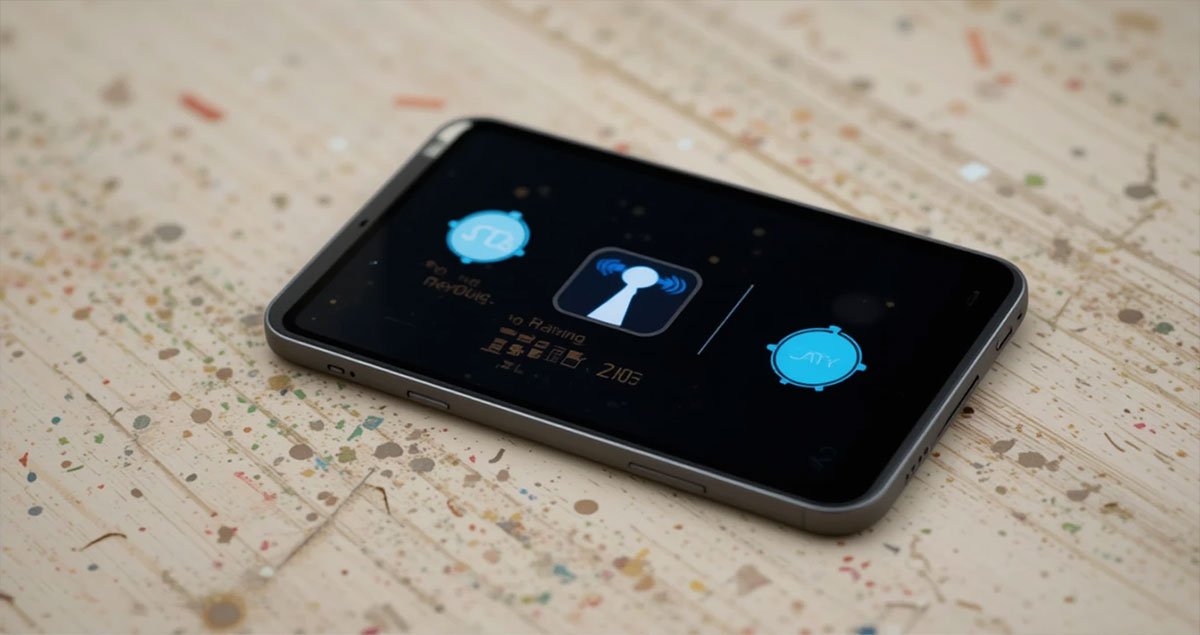
Key Moments That Shaped the Case
- 2019: Whistleblower reveals Apple contractors listen to Siri recordings.
- 2019: Public outrage prompts Apple to suspend its “grading” program.
- 2020: Class action lawsuits were filed across several states.
- 2021: Apple introduces updates giving users opt-in choices for recordings.
- 2023: Apple opts to settle the lawsuit, specializing in significant privacy improvements.
Each milestone reflected growing user awareness and legal scrutiny. Apple’s internal culture and product policies underwent a serious evaluation to align with new user-centric standards.
Public Reactions: How Users and Advocates Responded
The public’s reaction was a mix of shock, anger, and eventually cautious optimism. Users demanded not just financial settlements but real change. Privacy advocates praised the lawsuit for raising essential questions about voice data sovereignty.
Social media buzzed with discussions, hashtags like #SiriPrivacy trended, and forums became filled with stories of users disabling Siri altogether.
In short, the Siri case proved that when users unite, even tech giants must listen.
Legal Twists and Turns Leading to the Final Settlement
The legal battle was far from straightforward. Apple initially tried to dismiss claims, arguing users consented via vague terms of service. However, courts emphasized that meaningful consent, not buried legal jargon, was necessary.
As evidence stacked up, Apple shifted its strategy from defense to negotiation. Among the outcomes of the settlement were monetary compensation, compulsory policy amendments, and an uncompromising chapter from now on future privacy practices based on clear transparency.
This result not only serves those involved; it has brought privacy conversations higher across industries.
Inside the Settlement: What Apple Agreed To
The Apple Siri Settlement wasn’t just a payout; it was a complete reevaluation of how Apple handles voice data. In the world of tech, settlements often lead to minor policy tweaks. But here, Apple took bigger steps, signaling a new era of privacy-first innovation.
Financial Compensation Details
Apple agreed to a substantial financial settlement to address claims from affected users. Those eligible could receive direct compensation, depending on the number of claims filed and individual case evaluations.
While the payout amounts varied, the bigger takeaway was Apple’s willingness to recognize user harm and respond financially. In legal history, such settlements often pave the way for stronger consumer protection standards.
Apple’s approach showcased an important message: privacy mishandlings carry real economic consequences.
New Privacy Features and Safeguards Introduced
As part of the settlement, Apple launched sweeping updates focused on enhancing user control over Siri. Major new features include:
- Opt-In Data Collection: Siri recordings are only reviewed if the user explicitly consents.
- Easy Deletion: Users can now erase their Siri interaction history quickly and permanently.
- Minimal Data Retention: Apple revised its policies to limit how long voice data is stored.
These updates not only align with rising global privacy standards like GDPR and CCPA but also raise the bar for industry competitors.
| New Feature | Benefit |
| Opt-in recording review | No recordings analyzed without permission |
| Clear data deletion options | Easy control over personal voice recordings |
| Transparency notifications | Users are informed about data usage instantly |
The ultimate goal? Restoring trust through clarity, consent, and control.
The Role of Transparency in Apple’s Updated Policies
Transparency was a critical demand from users, and Apple responded by overhauling its public privacy statements. Now, users can easily find:
- Detailed explanations of how Siri works
- Clear options for managing privacy settings
- Regular updates on policy changes
Apple even introduced educational materials to help users better understand privacy rights. This move wasn’t just strategic, it was essential for restoring the brand’s reputation.
Ultimately, the Apple Siri Settlement turned transparency from a corporate buzzword into a user-first principle.
Major Benefits for Users: Privacy Wins and Beyond
For users, the Apple Siri Settlement isn’t just about money or policy changes; it’s about a major leap forward in digital empowerment. The benefits extend far beyond Siri itself, affecting how users interact with all Apple products.
Enhanced Siri Controls and Opt-In Recording Features
Users now enjoy a more controlled Siri experience:
- Explicit Permissions: Siri will ask for permission before storing recordings.
- Session Isolation: In order to reduce the rate at which data is captured, conversations are separated into different segments.
- Full Recording Deletion: Users can remove their entire Siri data history whenever they choose.
This gives users more ownership over their digital footprint, a right long overdue in the tech space.
Greater User Autonomy Over Voice Data
One of the most groundbreaking outcomes is that users can now dictate:
- Whether Siri retains any voice recordings
- How long are recordings stored?
- Whether recordings can be used for quality improvement at all
Apple even ensures users receive a notification every time a recording is reviewed, a feature few other voice assistants offer today.
This user autonomy is a game-changer and sets a new precedent for AI-powered services.
Increased Accountability and Monitoring Tools
To ensure compliance, Apple introduced internal monitoring tools and external auditing processes:
- Periodic Audits: Independent auditors verify that Apple adheres to privacy promises.
- User Reports: Customers can now request reports detailing their Siri interaction history.
- Error Corrections: If data handling mistakes occur, users are promptly notified and compensated if needed.
The Apple Siri Settlement brought not just promises but actual mechanisms for enforcement, an essential step for real change.
A Wake-Up Call for Big Tech Industry-Wide Implications
Apple’s settlement echoed throughout Silicon Valley, warning tech companies that the era of unchecked data collection is over. Companies must now innovate responsibly or face public and legal repercussions.
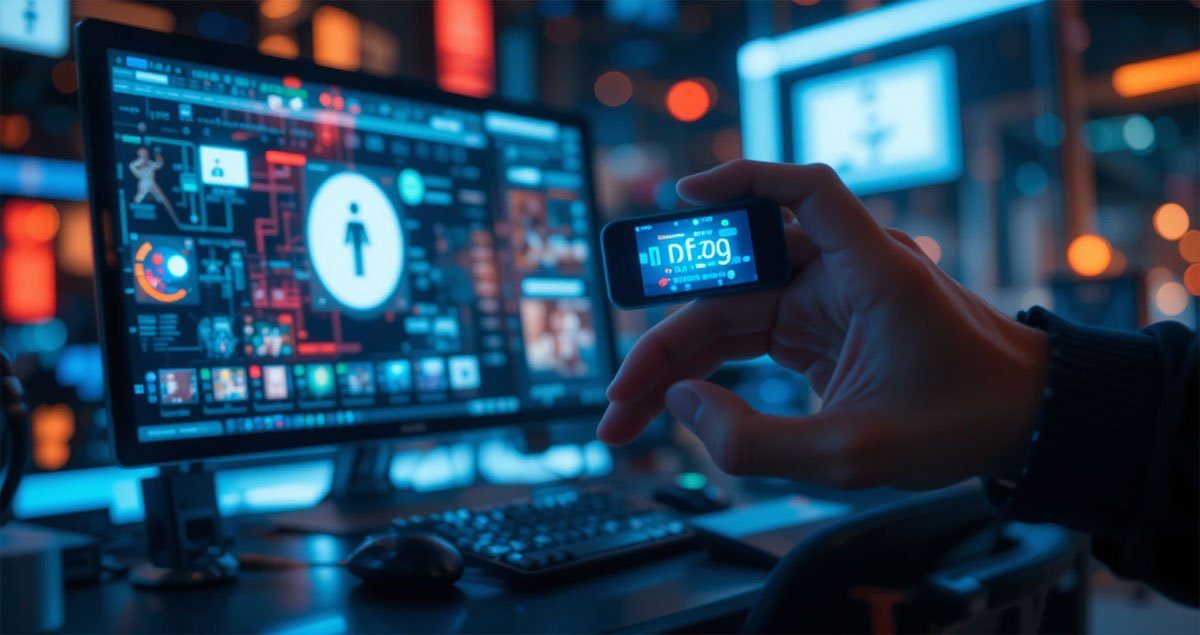
How Other Tech Giants Are Reacting to Apple’s Settlement
Since the Siri settlement, several companies have revisited their privacy policies:
- Google: Enhanced voice assistant controls
- Amazon: Improved Alexa transparency features
- Microsoft: Stricter Cortana data handling practices
The ripple effect is clear: no company wants to be the next headline.
Emerging Trends in Data Privacy Post-Settlement
The settlement accelerated key trends:
- Privacy by Design: The embedding of privacy measures as key components of the creation of products.
- Data Minimalism: Collecting only what’s necessary
- User-Centric Consent: Making permissions understandable and accessible
These trends are shaping the next generation of tech products and services, with users at the core.
Shifting Consumer Expectations for Digital Privacy
Perhaps the most significant change? Users now expect companies to be transparent. A 2025 survey found that 78% of consumers consider privacy a major factor when choosing apps or devices.
Companies cannot get away with fuzzy policies or confusing fine print thanks to the Apple Siri Settlement. People want transparency, and control, and accountability, and they will simply walk away from problems with brands that provide neither, nor anticipate the backlash it invites.
The Power of Class Action Lawsuits in Holding Corporations Accountable
The Apple Siri Settlement not only reshaped Apple’s internal policies but also showed the powerful impact of class action lawsuits in the tech world. These collective legal actions remain one of the few tools ordinary users have to challenge major corporations.
Why Class Actions Matter in the Tech Era
In today’s fast-paced, digitally driven economy, individual users often feel powerless against tech giants. Class actions level the playing field. They allow millions of users, each with relatively small grievances, to unite under one legal voice.
In the case of Apple, the class action lawsuit forced a public examination of how Siri handled sensitive data. It exposed corporate practices that otherwise would have stayed hidden and resulted in major user-centric changes.
Class actions serve as a vital watchdog in an industry that often prioritizes profits over people.
Historic Class Actions That Changed Corporate Behavior
Apple’s settlement joins a list of historic class actions that made waves:
- Facebook Cambridge Analytica Scandal: Massive settlements and sweeping data reforms.
- Volkswagen Emissions Case: Billions paid and a reshaped auto industry.
- Equifax Data Breach Settlement: Reinforced the importance of securing user data.
Each case proves that collective legal action can drive real accountability, even from the most powerful corporations.
Lessons Learned from the Siri Lawsuit for Future Cases
Several critical lessons emerge from the Apple Siri Settlement:
- Transparency must be proactive, not reactive.
- Users value control over their data as much as product functionality.
- Legal systems must continue evolving to keep pace with technological innovation.
Future lawsuits will likely target not just data misuse but also algorithmic biases, AI overreach, and opaque decision-making processes. Thanks to pioneers like the Siri case, users now have a blueprint for demanding fairness.
Siri’s Future: How Voice Assistants Are Evolving
The Siri scandal forced Apple and the entire tech industry to rethink how voice assistants operate. Moving forward, the future of these digital helpers looks dramatically different.
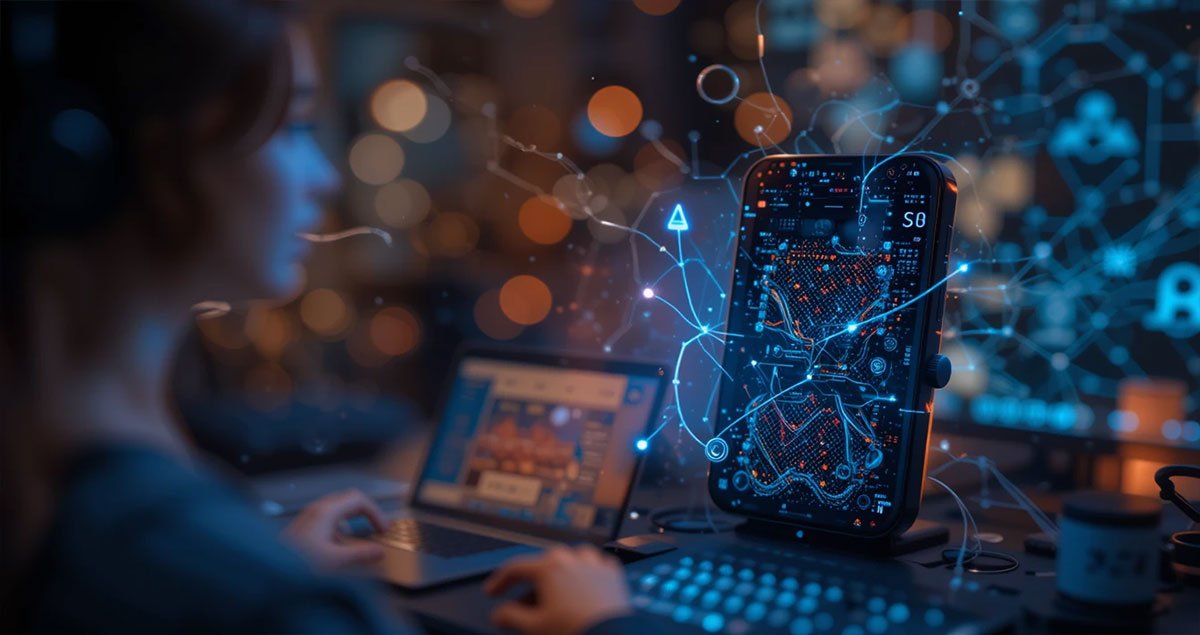
Focus on Privacy-First AI Developments
Post-settlement, companies are shifting towards privacy-first AI. Siri and competitors like Alexa and Google Assistant are being redesigned to:
- Minimize data collection to what’s necessary.
- Process more commands on-device, reducing the need to send information to the cloud.
- Enhance user permission controls before capturing any data.
In the world of smart technology, privacy is becoming the new currency of trust.
Personalization Without Sacrificing User Privacy
Personalization once relied on extensive data gathering. Now, developers are creating contextual AI that can deliver tailored experiences without invasive tracking.
For example:
- Siri can now personalize answers based on on-device learning without sending data to Apple’s servers.
- Voice profiles are stored locally, giving users greater privacy while still enjoying customized experiences.
This balance between usefulness and security defines the next evolution of voice tech.
New Competitors and Innovations in Voice Technology
The Apple Siri case settlement helped startups counter the influence of the extensive tech giants. New voice assistants prioritize privacy from day one, offering:
- Open-source voice platforms
- Decentralized AI assistants
- Subscription-based models that avoid selling user data
Innovation is at an upswing, and now users have more options than ever in terms of selecting a voice assistant that protects their rights.
Protecting Yourself: Best Practices for Voice Assistant Privacy
If companies are to do their bit, then the users have a responsibility to stay updated about digital privacy and respond accordingly.
Essential Privacy Settings Every User Must Activate
For Siri and other voice assistants:
- Disable “Improve Siri & Dictation” unless necessary.
- Turn off Siri in sensitive apps like Health or Finance.
- Review permission settings regularly.
A few minutes spent adjusting settings can significantly reduce potential privacy risks.
How to Regularly Review and Manage Voice Data
Users should build a habit of auditing their voice assistant activity:
- Set reminders to review Siri history monthly.
- Manually delete sensitive recordings immediately after use.
- Utilize privacy reports provided by Apple and other companies.
Data hygiene practices, which are in place consistently, enable privacy to be sustained at all times, as opposed to a passing checklist detail.
Tools and Apps to Enhance Digital Privacy
Several tools now help users take control:
| Tool | Purpose |
| Jumbo Privacy | Manages privacy settings across devices |
| DuckDuckGo Privacy Browser | Protects search and browsing data |
| Signal | Offers encrypted communication |
Pairing smart voice assistant use with these apps provides a comprehensive digital privacy shield.
Apple’s Broader Efforts Toward Building User Trust
The Apple Siri Settlement sparked not just changes within Siri but also broader reforms across Apple’s entire product ecosystem. Apple realized that trust wasn’t just a feature; it was the foundation of brand loyalty.
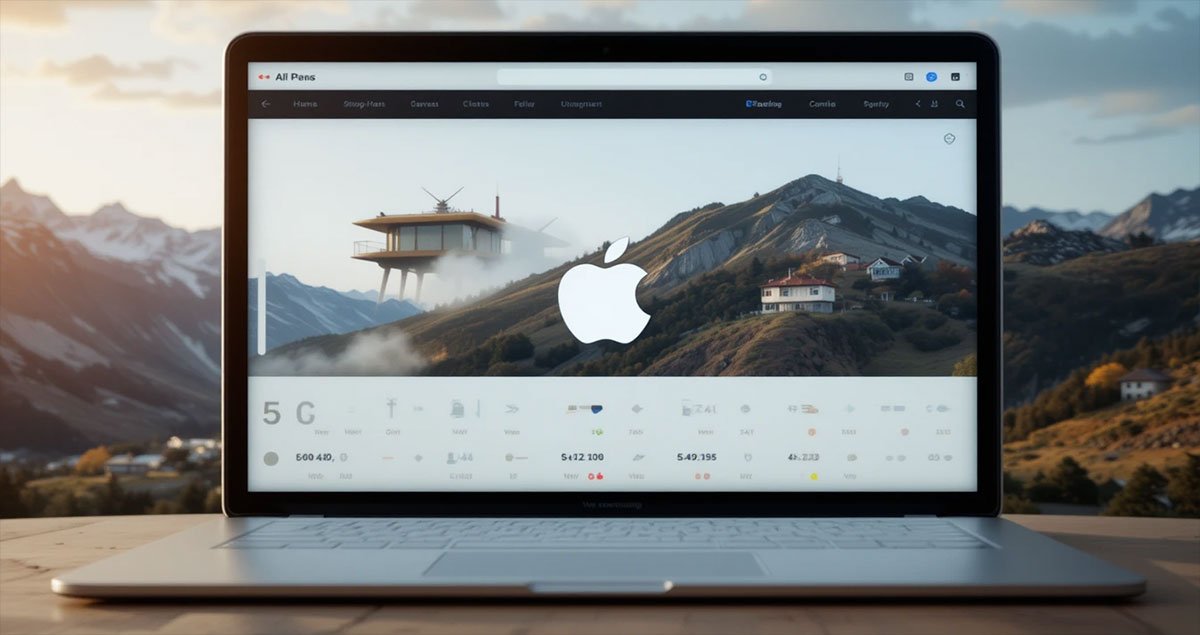
Recent Policy Changes Beyond Siri
Apple extended its privacy-first approach beyond Siri by implementing sweeping changes:
- App Tracking Transparency: From today, applications are required to get explicit approval to track users when browsing on different companies’ websites and apps.
- Mail Privacy Protection: Users can also hide their IP addresses and prevent senders from learning if and when emails are read.
- Private Relay: A service similar to a VPN, masking users’ internet browsing from both network providers and Apple.
These innovations prove that Apple is not aiming only to build privacy as an afterthought, but it wants to integrate privacy at all levels of its products and services.
Apple’s Investment in Security and Privacy Technologies
Beyond software updates, Apple has invested billions into security technology:
- Secure Enclave: A specialized hardware part that handles private information, such as Face ID and the like.
- Advanced Encryption: More robust encryption protocols at the level of end users. Their constant pursuit of justice made it difficult for Apple to bury the issue without raising too many flags. To end level to protect iMessages and FaceTime conversations.
- On-Device Processing: Storing as much user data on the device as possible instead of pushing it up to the cloud.
This huge capital injection is the illustration of a slowly dawning realization. It is an important differentiating factor between one product and another that user privacy protection has become.
Community Feedback and Continuous Improvement
Apple also began seeking and listening to comments from privacy advocates, researchers, and the general public as well. Programs such as the Apple Security Bounty program encourage ethical hackers to report vulnerabilities, hence leading to improvements in user protections.
Instead of fighting scrutiny, Apple appears to have embraced it as a broad culture shift resulting in large part from lessons learned from the Apple Siri Settlement.
Behind the Scenes: The Legal Teams and Advocacy Groups That Made It Happen
Behind the scenes was a committed legal, privacy interest, and consumer watchdog network that worked around the clock to make the Apple Siri Settlement a reality.
Prominent Law Firms in the Apple Siri Case
Others of the prominent law firms that led the class action were among which include;
- Hagens Berman Sobol Shapiro LLP
- Lieff Cabraser Heimann & Bernstein, LLP
These firms have a record of taking on powerful corporations and fighting for consumer protection, which shows that special legal knowledge becomes indispensable when the price is great.
Their constant pursuit of justice made it difficult for Apple to bury the issue without raising too many flags.
Privacy Advocates Who Fought for Users’ Rights
Organizations like:
- Electronic Frontier Foundation (EFF)
- Privacy International
Kept the spotlight on user rights during the case. They educated the public, lobbied for stronger privacy laws, and pushed for broader systemic reforms across the tech industry.
Without their advocacy, the settlement might have remained narrow and purely financial, instead of leading to real operational changes.
How Grassroots Movements Influence Corporate Accountability
Grassroots activism had a surprisingly important role. Online communities, tech influencers, and everyday users amplified awareness about the Siri issue, demanding better protections.
This groundswell of public pressure proved once again that corporate accountability often begins with community action, not just legal pressure.
The Siri case thus stands as a shining example of how connected digital citizens can drive meaningful change.
Common Misconceptions About the Siri Settlement
It is a fact that even after the Apple Siri market settlement had achieved some great victories, there remain rumors and myths about the case out there in every corner of the market. Making people understand and clear up these misapprehensions is essential for understanding the extent of its impact.
Debunking Myths Around Voice Assistant Recordings
Some believe Siri still secretly records conversations, this is false. Post-settlement, Apple has implemented strict opt-in policies. No recording is saved or reviewed unless the user explicitly agrees.
Another myth? That all voice assistants behave the same. In reality, policies differ significantly between Apple, Amazon, Google, and others, and the Siri case pushed many toward greater transparency.
What the Settlement Does and Doesn’t Cover
The settlement addresses past recordings and the immediate future of Siri data handling. It doesn’t, however:
- Guarantee lifetime privacy protection (users must still manage settings vigilantly)
- Extend to third-party apps that integrate with Siri
It’s a landmark case, but vigilance is still essential to users who want to protect their information.
The Reality of Privacy Protections Moving Forward
While the Siri reforms are significant, technology evolves rapidly. Developing advancements like AI-driven individual colleagues, keen homes, and expanded reality bring new challenges.
The Siri case showed that constant oversight and adaptability are key to maintaining user rights in an ever-changing tech landscape.
Expert Opinions: What Industry Leaders Say About the Settlement
The legal experts, tech analysts, and privacy advocates from different parts of the world seized the attention of the Apple Siri settlement. Their ideas allow us to appreciate the larger implications of this milestone for the rights of the user and corporate responsibility.

Privacy Experts Weigh In
The settlement was commended as a forward step by leading privacy developers. Analysts of Electronic Frontier Foundation (EFF) drew attention to the fact that the case confirmed the role of user consent to use in the era of artificial intelligence.
Others noted that although Apple’s corrective actions are praiseworthy, such should be viewed as the start of things. True privacy, they argue, must be baked into every stage of product development, not just added after public outrage.
The consensus is clear: The settlement raised global expectations for privacy protection to a great extent.
Tech Analysts’ Predictions for the Future of AI and Privacy
Technology analysts predict a more privacy-conscious AI landscape moving forward. New trends likely to emerge include:
- On-device machine learning: Processing user data locally rather than in the cloud.
- Context-aware privacy controls: Smarter systems that adjust data collection based on user preferences.
- Real-time transparency dashboards: Allowing users to monitor how, when, and why their data is being used.
The Siri case set off a ripple effect that will shape the future of AI development, putting users’ rights front and center.
What Legal Scholars Believe This Means for Tech Regulation
Law professors translate the settlement in such a manner that it serves as a guide to policymakers in terms of setting tech regulations in the future. Many believe that voluntary changes by companies like Apple are not enough; binding laws must follow.
Predictions include:
- Stricter consent frameworks modeled after the GDPR.
- Mandatory external audits for AI and voice assistant platforms.
- Clearer liability for privacy violations.
The Siri case may have been settled in court, but its influence on legislation is only beginning.
User Reactions: How Real People Feel About the Settlement
Beyond experts, it’s crucial to hear from the people most affected: the users. Their reactions offer valuable insight into whether Apple’s efforts genuinely restored trust.
Voices from the Community: Relief, Skepticism, and Hope
Many users expressed relief that Apple took tangible steps toward transparency. Some even praised Apple for setting a positive example for other tech giants.
However, skepticism remains. A segment of the community fears that corporate promises are fleeting and that ongoing vigilance will be necessary to ensure compliance.
Overall, there’s a cautious optimism—a belief that while the settlement is a big win, it’s only the start of a much longer journey toward true digital privacy.
Survey Results: Are Users Satisfied with Apple’s Changes?
A recent survey conducted by Digital Privacy Insights revealed:
| Survey Question | Result (%) |
| Are you satisfied with Apple’s new privacy controls? | 72% |
| Do you trust Siri more post-settlement? | 65% |
| Would you continue using voice assistants? | 80% |
The numbers suggest that Apple’s actions successfully addressed many user concerns but also left room for further improvement.
Case Studies: Individual Stories from Siri Users
- Sarah, a journalist: Felt safer using Siri after the new opt-in feature was introduced.
- Mark, a business owner, chose to disable Siri entirely, citing a lack of complete trust.
- Lily, a student, appreciated the educational materials Apple rolled out post-settlement, helping her manage privacy settings more confidently.
These personal stories reflect the broad spectrum of user sentiment, ranging from cautious acceptance to persistent doubt.
The Bigger Picture: Building a Safer Digital World
The consequences of the Apple Siri Settlement go way beyond Apple or even beyond voice assistants. It’s part of a larger trend of the distribution of power to users in the digital age.
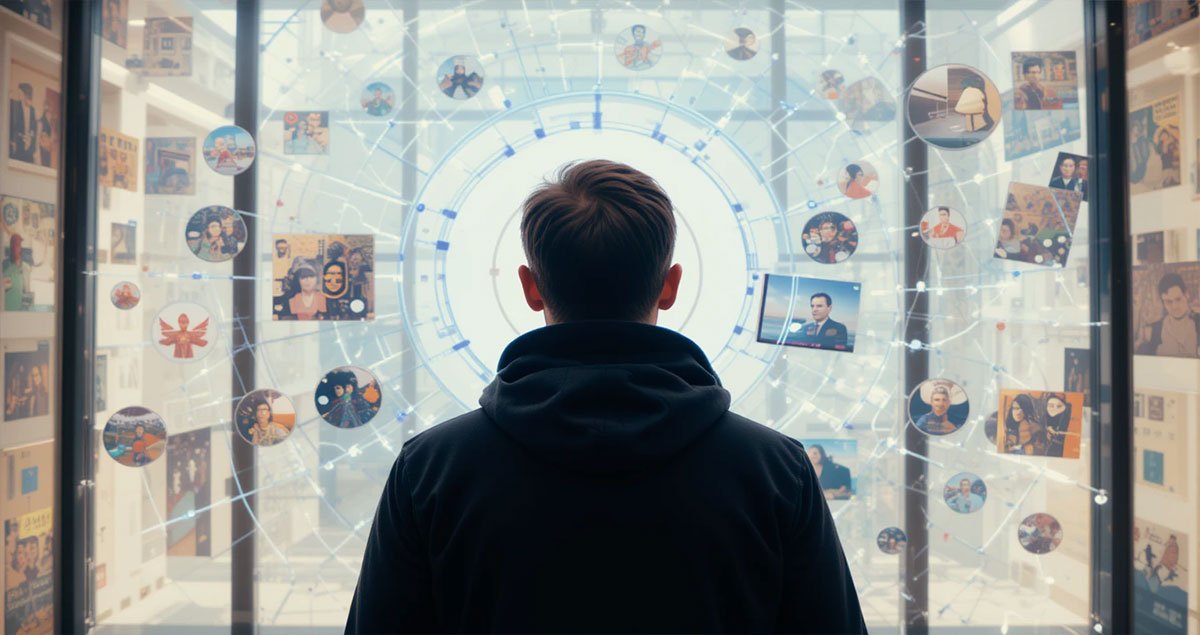
Why Privacy is the New Gold in Tech
Over the years, following the arrival of Siri, privacy has superseded data to become the most important resource, being compared to gold instead of oil. Organizations focused on the privacy of the user are coming to the forefront in the market.
How firms control customers’ data is becoming just as relevant to customers as the technology or services are. Privacy is today a straightaway important variable that defines one brand from another.
Global Movements Pushing for Stronger Data Protections
Worldwide, there’s a surge in privacy-focused initiatives:
- Europe: GDPR continues to evolve and inspire new frameworks.
- The United States: States like California and Virginia have passed their consumer privacy acts.
- Asia: Countries like Japan and India are strengthening digital rights laws.
The Siri case fueled these movements, proving that collective action can spark meaningful change.
How Every User Can Advocate for Better Digital Rights
Empowerment doesn’t end with a lawsuit. Users can advocate for better privacy protections by:
- Supporting organizations like the EFF and Privacy International.
- Demanding transparency when using apps and devices.
- Educating friends and family about digital rights.
The Siri case taught a valuable lesson: individual voices, when united, can reshape the tech landscape.
Conclusion: The Legacy of the Apple Siri Settlement
The Apple Siri Settlement will be remembered not just as a financial settlement but as a transformative event in tech history. It shows that both users, lawyers, and firms collaborate to achieve real progress.
What We’ve Learned and What Lies Ahead
The Siri saga taught users and corporations alike that privacy matters deeply. Businesses need to further protect user consent, transparency, and security at the beginning process or else suffer severe ramifications.
The attention on the way tech companies manage users’ data will rapidly rise in the years to come.
The Importance of Vigilance in the Digital Age
Although Apple has attained so much, remaining cautious is highly necessary for them. The more advanced the technology becomes, the more security issues users face.
Continual efforts in up-to-date catching up, making people aware, and advocating are required to make the gains achieved, such as they were realized at Siri, secure.
Continuing the Conversation About Privacy and Technology
The Siri settlement was only the beginning of a greater conversation. It sparked endless arguments that need to include everyone from CEOs and lawmakers to household decision-makers.
Every user, every developer, and every leader needs to do their part in developing a digital environment that acknowledges and protects the privacy of individuals.
FAQs About the Apple Siri Settlement
Can I be eligible for compensation under the program?
- Respondents who showed interactions with Siri on the dates and from the states mentioned in the lawsuit were applicable. To determine who could claim compensation, Apple designed a claims portal during the settlement process.
What specific changes did Apple make after the settlement?
- The company allowed Siri recording at the discretion of the user, improved the reporting of voice contact, increased the retention requirements for data, and increased users’ rights over voice information.
Will other tech companies face similar lawsuits?
- It’s highly likely. The result of this case may encourage users to pressure other tech companies into taking responsibility for miscalculations on privacy protection.
How can I protect my data while using voice assistants?
- Change privacy controls to minimize personal data collection, ask for opt-outs on reviews, and periodically erase retained interaction history, as well as introduce privacy-promoting software.
What should users expect from voice assistant technology in the next 5 years?
- Expect more on-device processing, transparent privacy options, and AI personalization that doesn’t require excessive data collection.

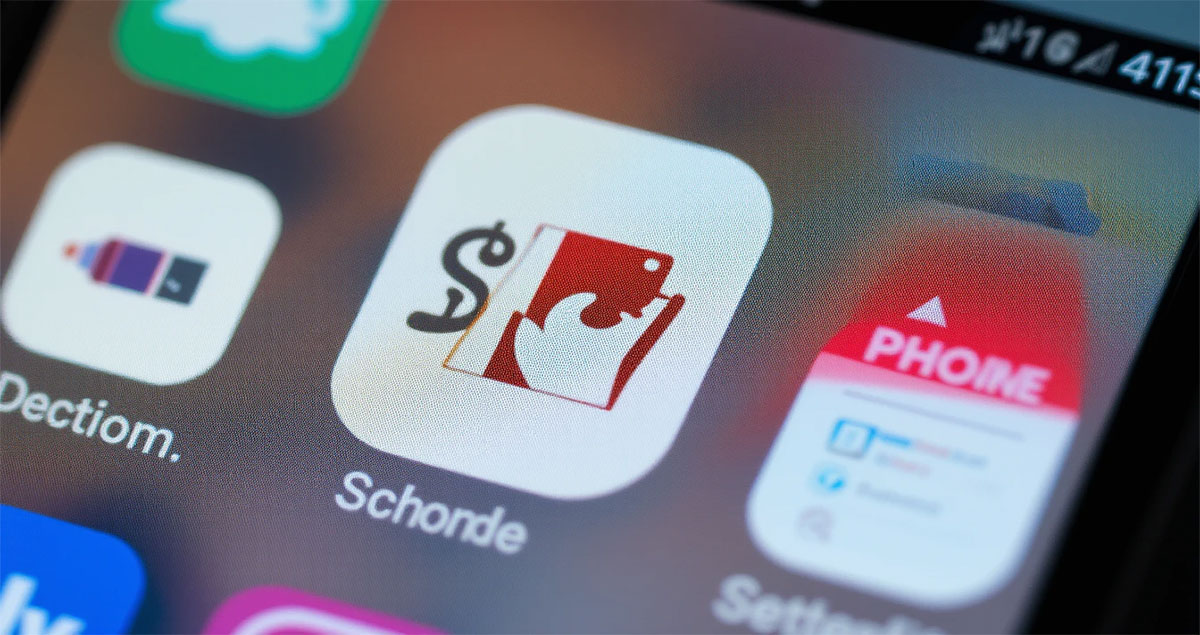





777sxgamedownload! Just found it! Let’s try it out, link is here! 777sxgamedownload
Alright alright, vn88.com dj is a little different, right? More than just games, they have some cool live stuff too. If you’re into that, give it a try. Solid enough. vn88.com dj
VIP345APK… Sounds like an app download. Anyone know if it’s safe and legit? What are the perks of vip345apk?